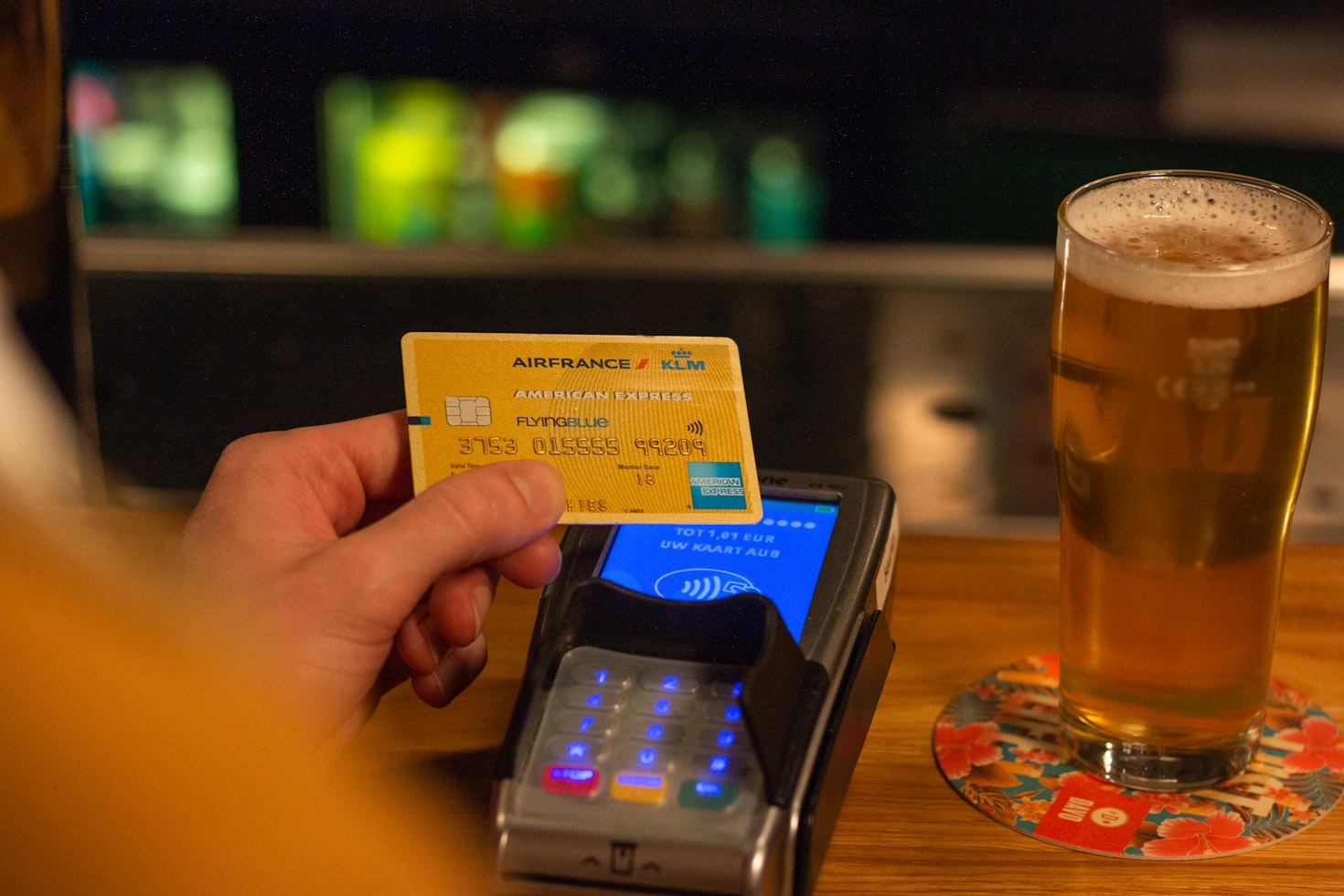How Much Can You Earn On Supported Living Payment
Supported Living Payment (SLP) is a welfare benefit provided by the government to individuals who have a disability or health condition that prevents them from working or participating in regular employment. This payment is designed to assist with the cost of living and provide financial support to those who need it most. However, many people wonder how much they can earn on Supported Living Payment and what impact it may have on their overall income. In this article, we will explore the details of Supported Living Payment and shed light on the earning potential for individuals receiving this benefit.
Understanding Supported Living Payment
Supported Living Payment is a weekly payment provided by the New Zealand government to individuals who are unable to work due to a disability or health condition. It is administered by the Ministry of Social Development and aims to provide financial support to those who require assistance with their living expenses.
To be eligible for Supported Living Payment, individuals must meet certain criteria, including being at least 16 years old, having a disability or health condition that prevents them from working for at least two years, and being a New Zealand citizen or permanent resident. The amount of payment received depends on various factors, such as the individual’s living situation, marital status, and any additional support they may require.
How Much Can You Earn on Supported Living Payment?
The amount individuals can earn on Supported Living Payment varies depending on their circumstances. The payment is made up of a base rate and additional allowances, which are determined based on the individual’s needs. As of April 2021, the base rate for a single person aged 25 or over is $218.78 per week.
In addition to the base rate, individuals may be eligible for additional allowances, such as an accommodation supplement, disability allowance, or childcare subsidy. These allowances are provided to help cover specific costs associated with the individual’s disability or health condition.
It is important to note that Supported Living Payment is means-tested, meaning that the amount individuals can earn from other sources may affect the amount of payment they receive. For example, if an individual has other sources of income, such as earnings from part-time work or investments, their Supported Living Payment may be reduced accordingly.
Case Study: John’s Earnings on Supported Living Payment
To illustrate the earning potential on Supported Living Payment, let’s consider the case of John, a 30-year-old individual with a disability who receives this benefit. John is single and lives in a rented apartment. He has no other sources of income.
John’s Supported Living Payment consists of the base rate of $218.78 per week. In addition, he is eligible for an accommodation supplement of $80 per week to help cover his rental expenses. Therefore, John’s total payment amounts to $298.78 per week.
If John were to find part-time work and earn an additional $150 per week, his Supported Living Payment would be reduced. The reduction is calculated based on a formula that deducts 70 cents for every dollar earned from the payment. In this case, John’s payment would be reduced by $105 (70% of $150), resulting in a new total payment of $193.78 per week.
FAQs
1. Can I work while receiving Supported Living Payment?
Yes, you can work while receiving Supported Living Payment. However, your earnings may affect the amount of payment you receive. Supported Living Payment is means-tested, meaning that your payment may be reduced based on your income from other sources.
2. How much can I earn before my Supported Living Payment is affected?
The amount you can earn before your Supported Living Payment is affected depends on various factors, such as your living situation and the additional allowances you receive. Generally, for every dollar you earn, your payment will be reduced by 70 cents. It is recommended to contact the Ministry of Social Development for personalized information regarding your specific circumstances.
3. What other financial support can I receive while on Supported Living Payment?
In addition to Supported Living Payment, you may be eligible for other financial support, such as the disability allowance, accommodation supplement, or childcare subsidy. These allowances are provided to help cover specific costs associated with your disability or health condition. It is advisable to contact the Ministry of Social Development to determine your eligibility for these additional supports.
4. Can I receive Supported Living Payment if I have a part-time job?
Yes, you can receive Supported Living Payment if you have a part-time job. However, your payment may be reduced based on your earnings. It is important to report your income to the Ministry of Social Development to ensure that your payment is adjusted accordingly.
5. Can I receive Supported Living Payment if I have savings or assets?
The eligibility for Supported Living Payment takes into account your financial situation, including any savings or assets you may have. If you have significant savings or assets, you may not be eligible for this benefit. It is recommended to contact the Ministry of Social Development for personalized information regarding your specific circumstances.
6. Can I receive Supported Living Payment if I am in a relationship?
Yes, you can receive Supported Living Payment if you are in a relationship. However, your partner’s income may be taken into account when determining the amount of payment you receive. The Ministry of Social Development will assess your combined income and make adjustments accordingly.
Summary
Supported Living Payment provides financial support to individuals with disabilities or health conditions who are unable to work. The amount individuals can earn on this benefit depends on various factors, including their living situation, additional allowances, and income from other sources. While individuals can work while receiving Supported Living Payment, their earnings may affect the amount of payment they receive. It is important to understand the eligibility criteria and contact the Ministry of Social Development for personalized information regarding your specific circumstances.
